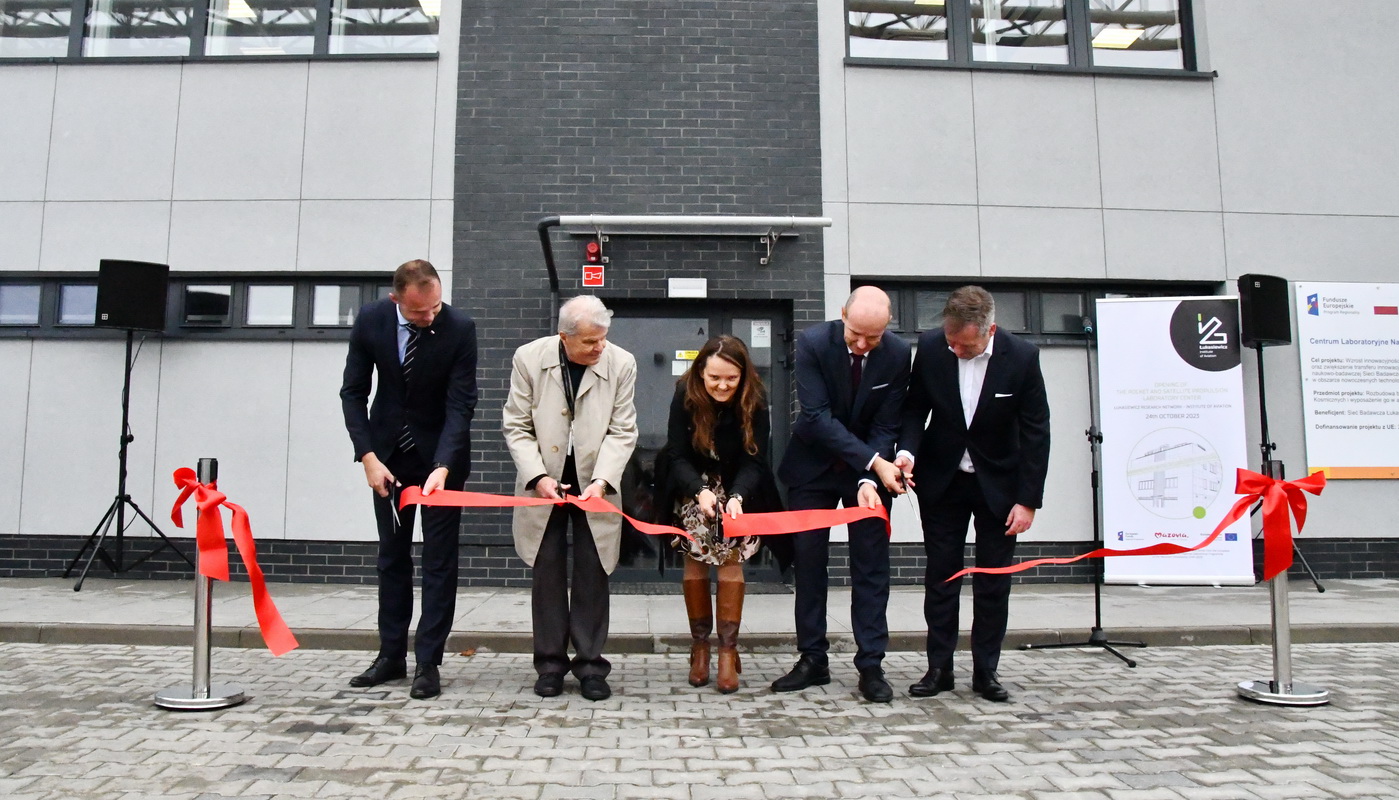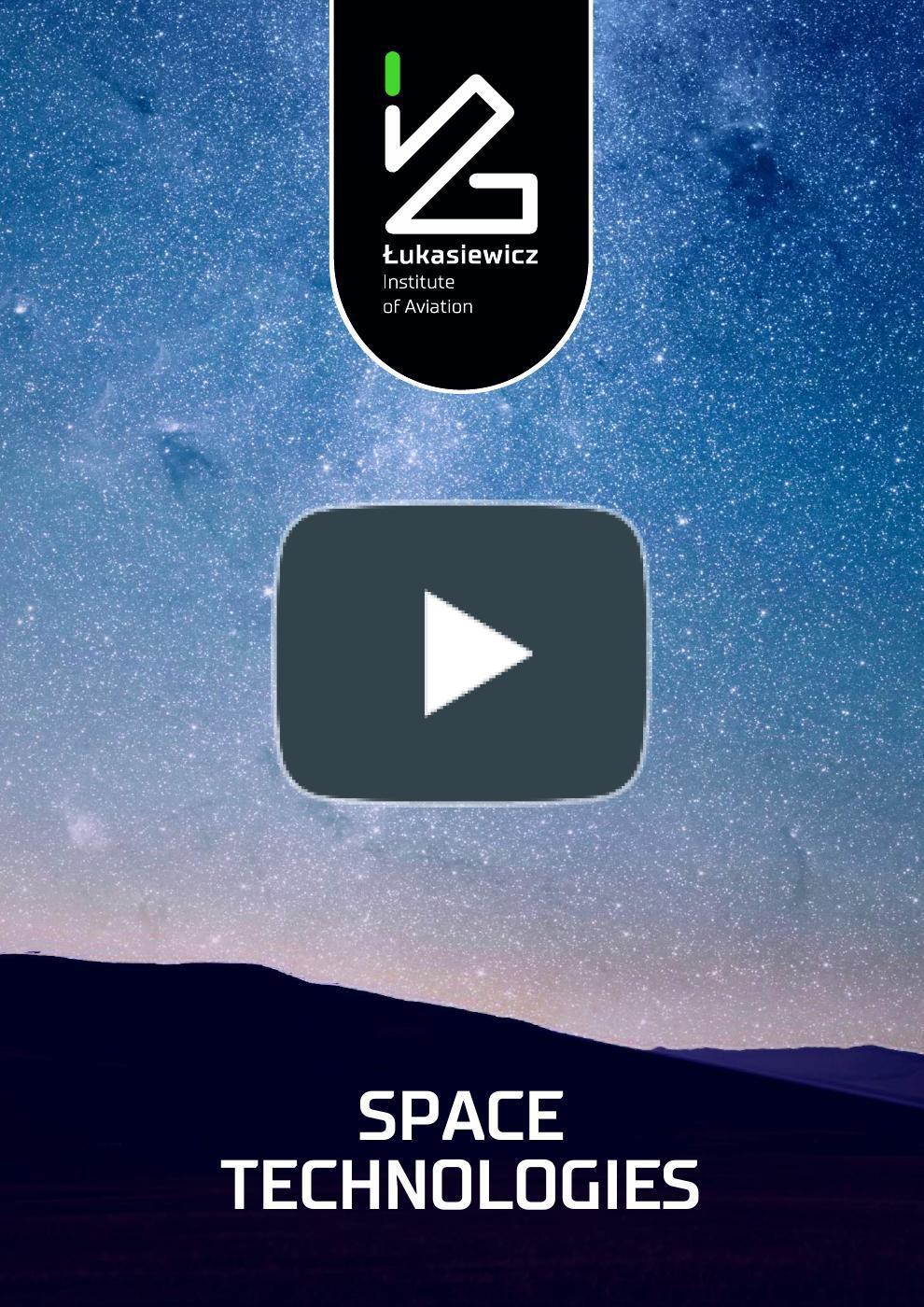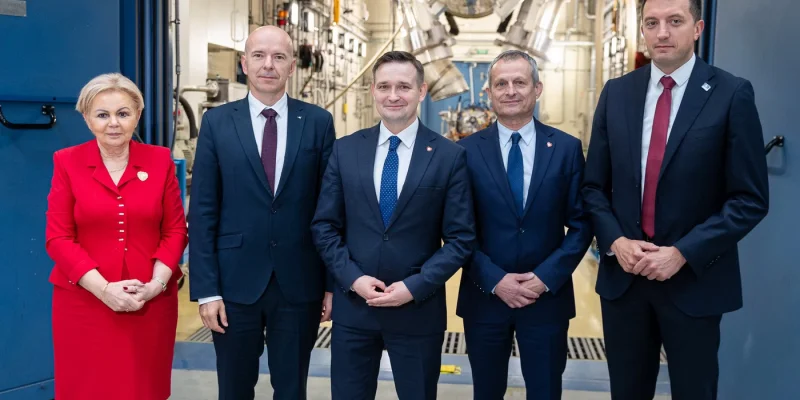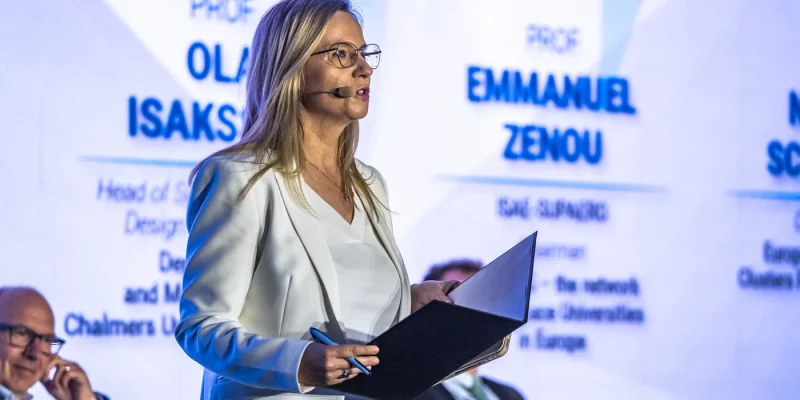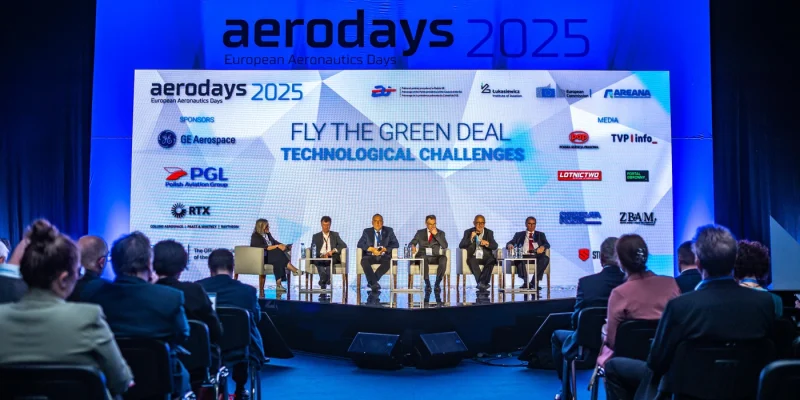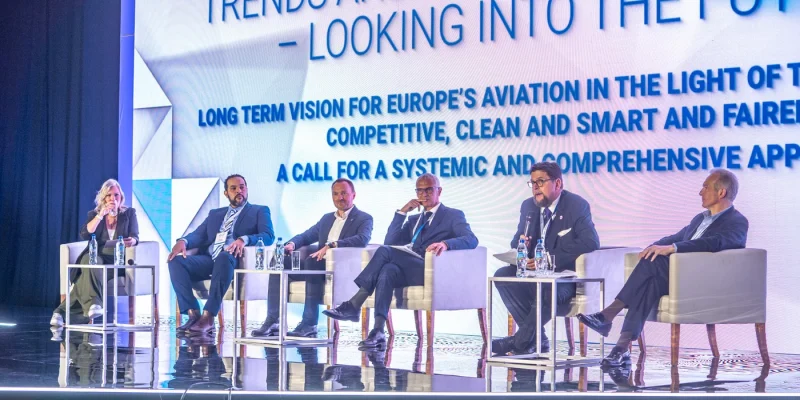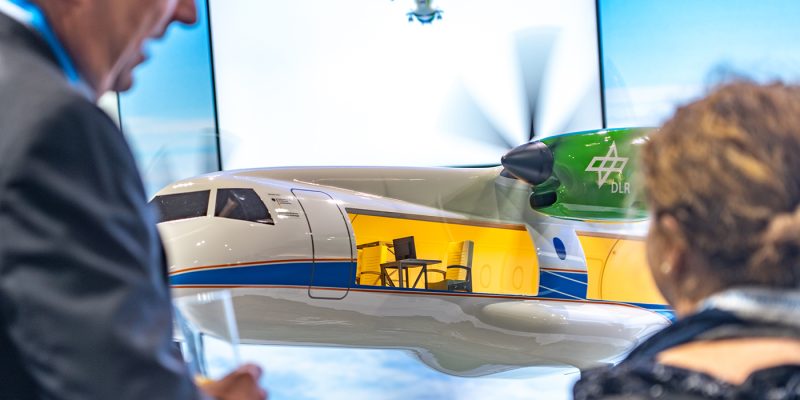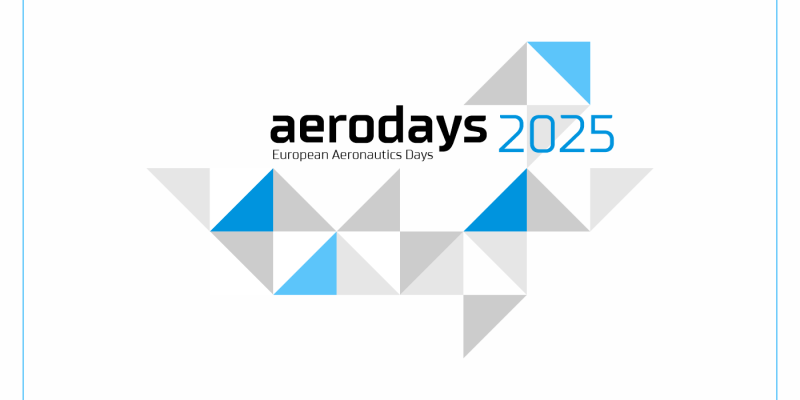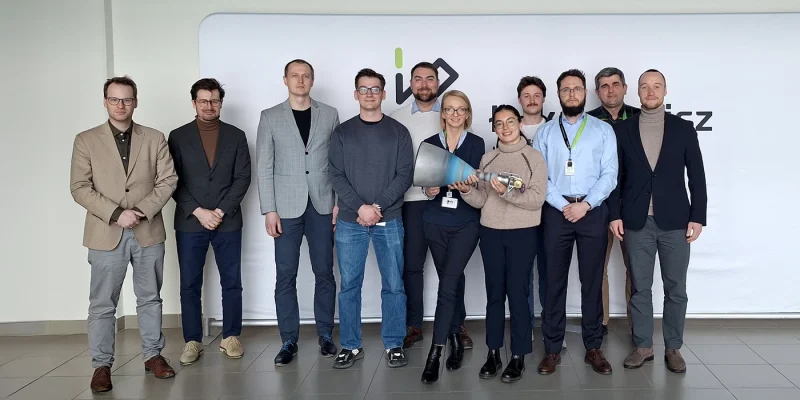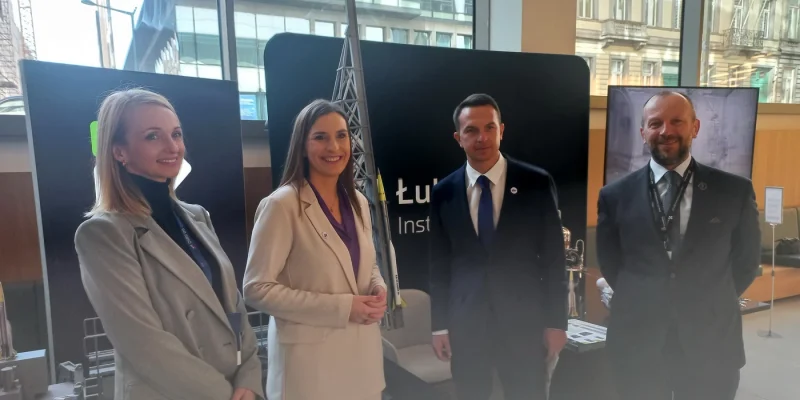On October 24, 2023, after two years of construction, a ceremonial inauguration was held for the European and global scale Rocket and Satellite Propulsion Laboratory Center at the Łukasiewicz – Institute of Aviation in Warsaw. The ribbon-cutting ceremony was attended by Andrzej Dybczyński, President of the Łukasiewicz Research Network, Paweł Stężycki, Director of the Łukasiewicz – Institute of Aviation, Leszek Rams, the project manager of the new center, Michał Wierciński, Vice President of the Polish Space Agency, and on behalf of Marshal Adam Struzik: Kamila Kuleska, Deputy Director of the Department of Regional Development and European Funds at the Marshal’s Office of the Mazowieckie Voivodeship.
The event was attended by over 100 decision-makers from the space industry, government, and the military from Poland, Europe, and the USA. A substantial European delegation from integrators such as ArianeGroup, Nammo, Airbus Space & Defence, Thales Alenia Space, The Exploration Company, and OHB confirmed the interest in research, development, and testing opportunities at the Łukasiewicz – Institute of Aviation.
The Rocket and Satellite Propulsion Laboratory Center’s goal is to develop, qualify, and test the technologies related to green rocket propulsion, satellites, and other aspects of space technology. The infrastructure received financial support from the Regional Operational Program of the Mazowieckie Voivodeship for the years 2014-2020.
During the ceremonial opening, the laboratories covering over 1000 m2 were presented, including: rocket engine test stands in both atmospheric and vacuum conditions, rocket subsystems, satellite and corrective propulsion laboratories, chemical and environmental laboratories, and composites.
“The expansion of the Łukasiewicz – Institute of Aviation’s laboratory facilities is a significant step for our Institute, the Łukasiewicz Research Network, and the space industry. Poland has become one of the few places in Europe where comprehensive testing and research projects in space technology, particularly in the field of environmentally friendly propulsion, can be conducted in one location. This achievement is also credited to our engineering team, which played a significant role in designing the new laboratory spaces to provide comprehensive support to institutional and commercial clients while meeting the needs of the national and European space market,” said Dr. Paweł Stężycki, Director of the Łukasiewicz – Institute of Aviation.
The new research infrastructure at the Łukasiewicz – Institute of Aviation will enable more efficient execution of research and development projects and commercial collaboration, including:
- Development and qualification of environmentally friendly rocket and satellite propulsion: The Łukasiewicz – Institute of Aviation focuses on developing and testing innovative “green” propulsion technologies in response to the growing challenges in the industry (highly concentrated hydrogen peroxide (HTP) has been patented, and new ecological hypergolic fuels have been developed).
- Preparation of low-smoke solid propellants: Research will introduce innovative solutions for efficient propellants for new rocket systems.
- Manufacturing and integration of satellite deorbiting systems: The Łukasiewicz – Institute of Aviation supports the development of technologies (engines, components) allowing among others controlled satellite deorbiting.
- Development of pyrotechnic and electronic components: Research into new components will enhance the reliability of rocket and satellite systems.
- Conducting tests for space applications in one place: Rocket engine tests, material tests, chemical tests, TVC chamber tests, vibration tests, and other environmental tests.

As part of the inauguration of the Rocket and Satellite Propulsion Laboratory Center, a panel discussion titled “Green propulsion for in-space logistics – challenges and opportunities” was held, focusing on the perspectives for environmentally friendly solutions in the space sector.
The discussion panel was attend by Dr. Michał Wierciński, Vice President of the Polish Space Agency, Jérôme Breteau – Head of the European Space Agency’s department responsible for future space transportation systems, Hélène Huby, – Founder and CEO of The Exploration Company, Ulrich Gotzig, an expert from ArianeGroup, and Dr. Adam Okniński, Director of the Space Technology Center at the Łukasiewicz – Institute of Aviation. The discussion was moderated by Dr. Milena Ratajczak.
The opening of the new laboratories also provided an opportunity for networking of the space industry. Many guests from Poland and Europe participated in a workshop titled “Making of R&D: Financing Smart and Clean Mobility in Space,” organized by the Industrial Contact Point “Smart and Clean Mobility,” coordinated by the Łukasiewicz – Institute of Aviation. The meeting focused on building consortia and securing grants in the space sector from the Horizon Europe program.
An important event accompanying the opening of the new investment was the signing of a Memorandum Of Understanding between the Institute and The Exploration Company (TEC).
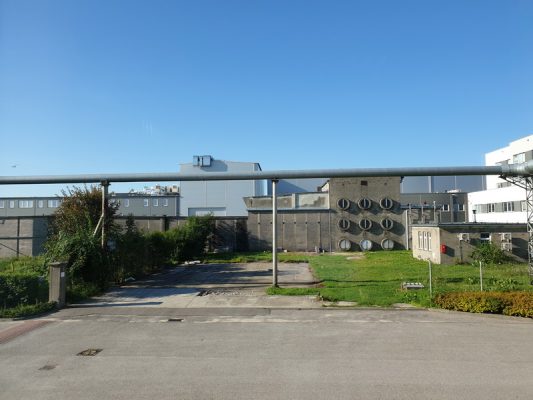
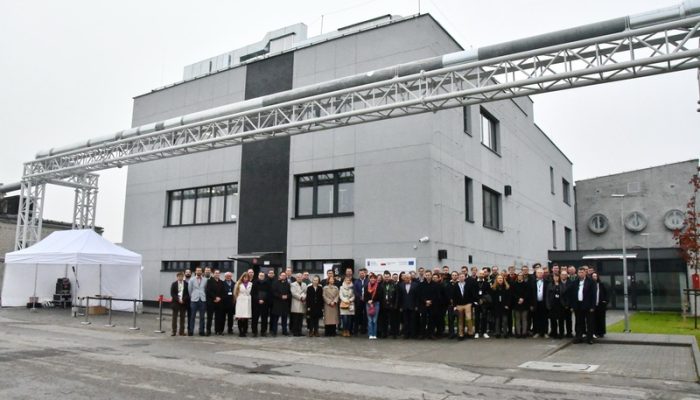
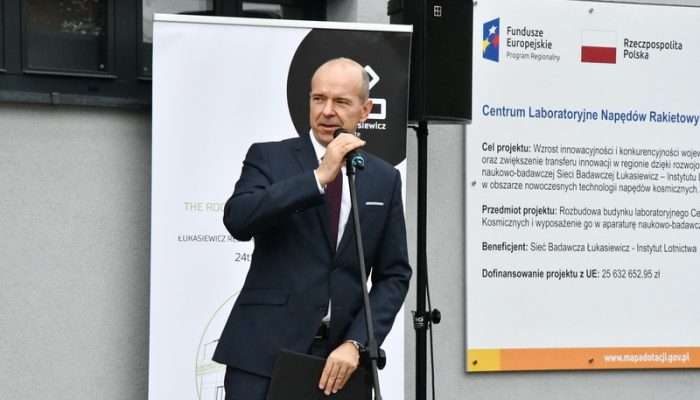
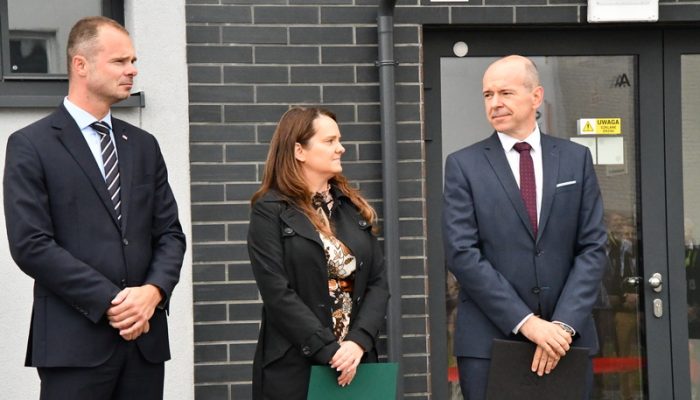
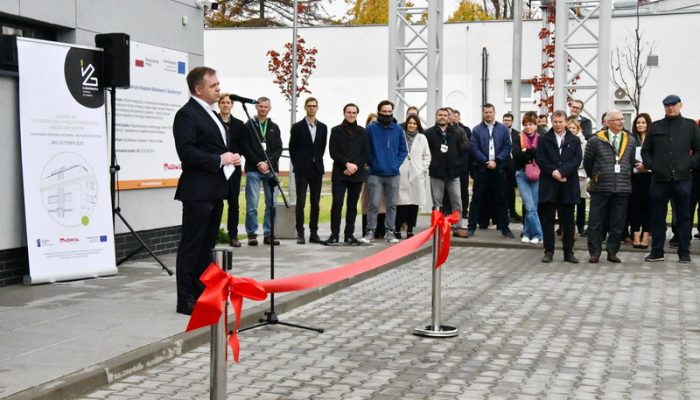
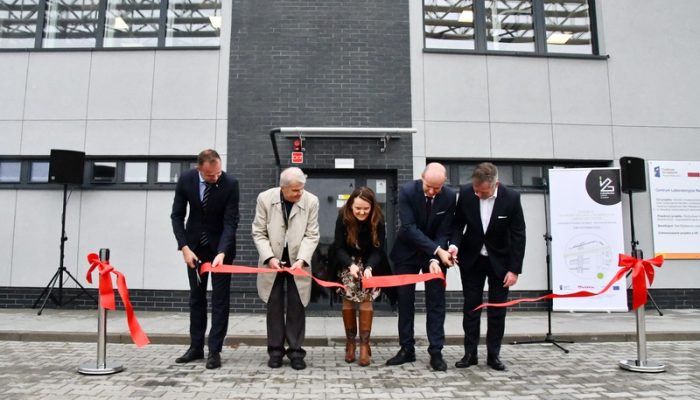
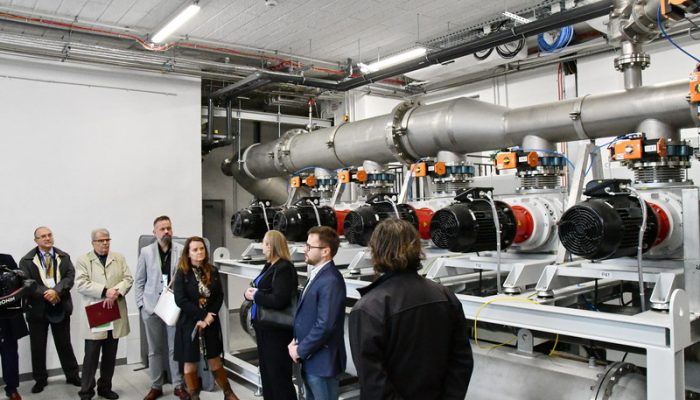
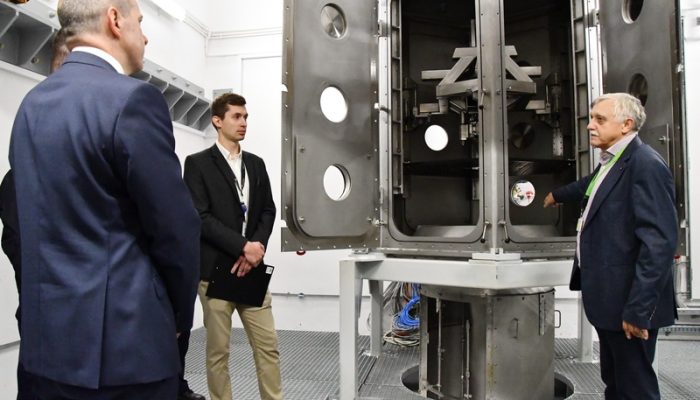
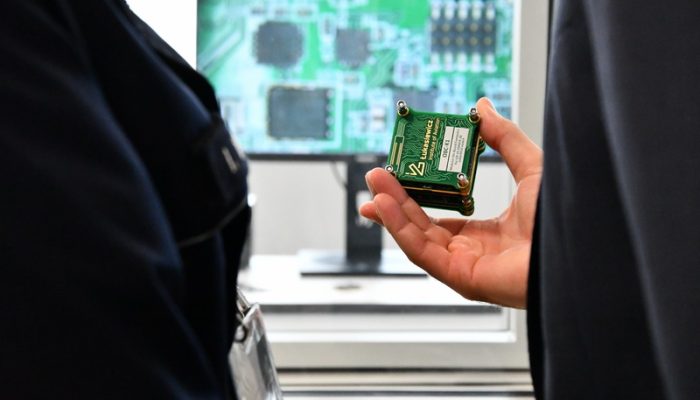
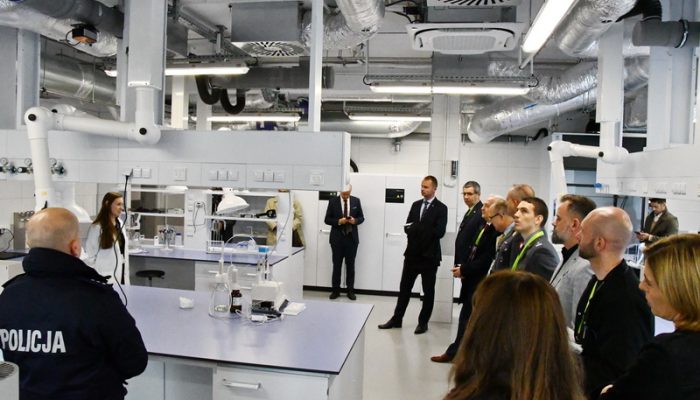
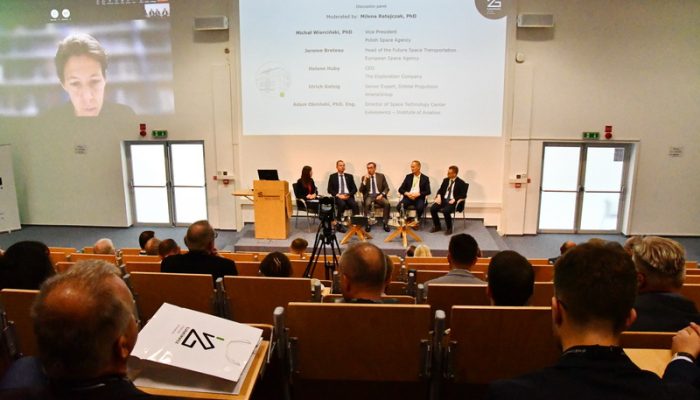
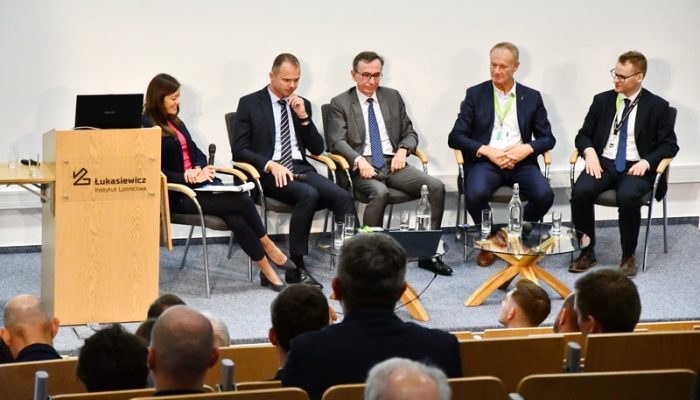
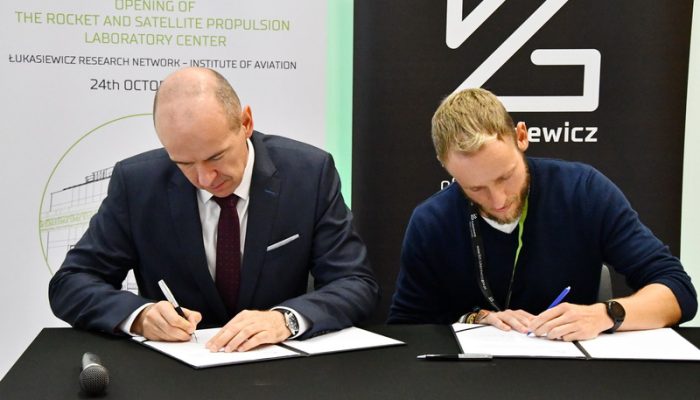
___
The Łukasiewicz Research Network – Institute of Aviation is one of the most advanced research institutions in Europe, with a history dating back to 1926. The Institute collaborates closely with global leaders in the aviation industry, including Boeing, GE, Airbus, and Pratt & Whitney, as well as institutions in the space industry, including the European Space Agency. The Institute’s key research areas are aviation, space, and unmanned technologies. Research and services are also conducted for the national and international industries in the areas of material, composite, additive, remote sensing, energy, and mining technologies.
In the field of space technology, the main goal of the Łukasiewicz – Institute of Aviation is to conduct research and development in space propulsion systems (including innovative solid, liquid, and hybrid rocket engines), environmentally friendly propellants (including development, maintenance, and testing of environmentally friendly fuels), and space transportation systems. The Institute continues its work on the use of hydrogen peroxide with a concentration above 98% for rocket propulsion, and recent efforts have led to the presentation of a new hypergolic fuel developed from scratch by the engineers of the Łukasiewicz – Institute of Aviation.
The Łukasiewicz Research Network offers businesses attractive, broad and competitive technological solutions. Łukasiewicz provides a unique “challenge system” powered by a group of 4,500 scientists, who take up a business challenge and present the entrepreneur with potential solutions. At the same time, it provides access to cutting-edge capabilities and unique scientific infrastructure in the country. Most importantly – the entrepreneur does not bear the cost of preparing the conception of the research works. Łukasiewicz conveniently meets the expectations of the business. The entrepreneur can contact Łukasiewicz through an online form on our website https://lukasiewicz.gov.pl/en/business/ but also directly in over 50 locations of Łukasiewicz Institutes and their branches throughout Poland. Each site provides the same, high quality, product or service. Łukasiewicz focused on research areas such as: Health, Smart and Clean Mobility, Digital Transformation and Green and Low-emission Economy.


